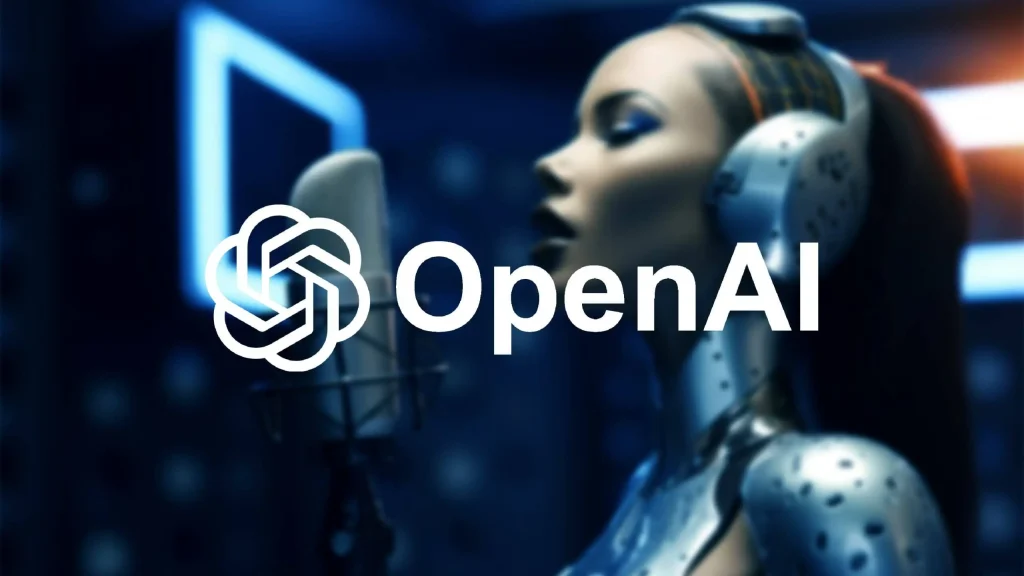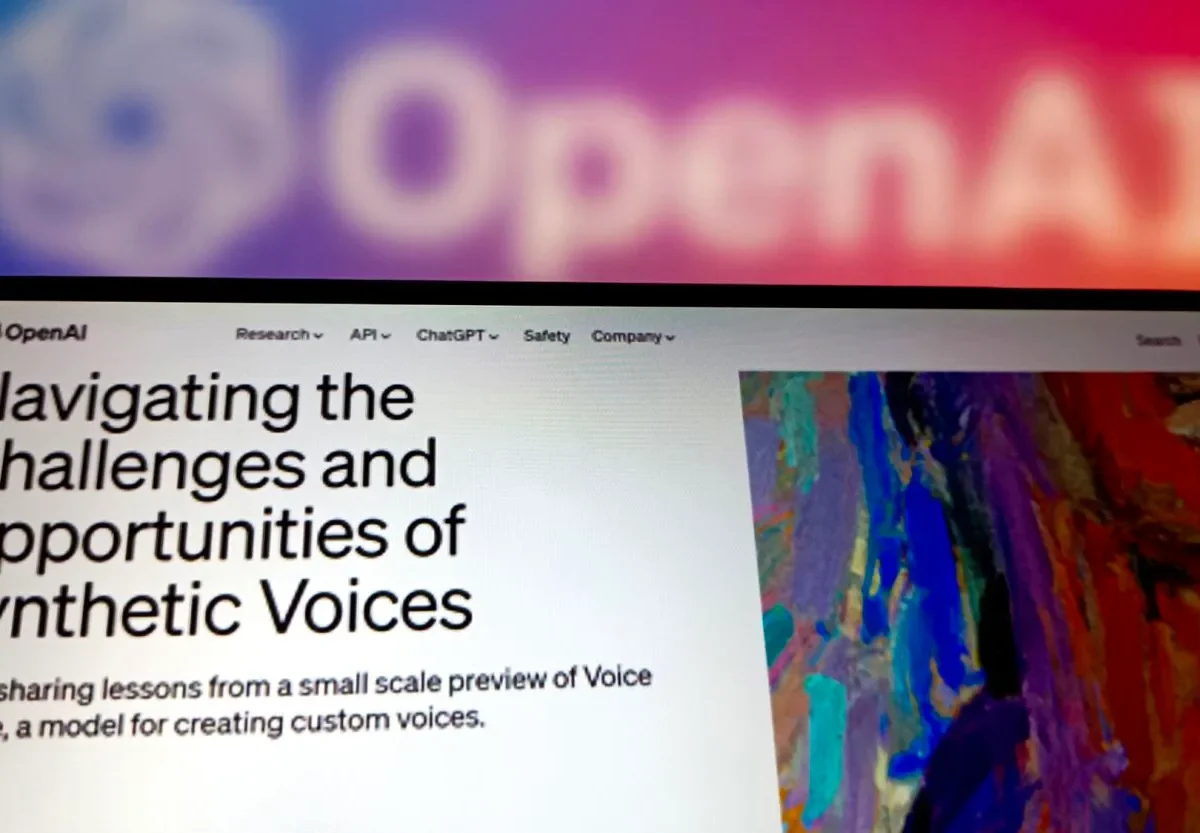OpenAI voice AI risks: Balancing Innovation and Emotional Risks
OpenAI’s recent introduction of a human-like voice interface for ChatGPT has sparked both excitement and concern in the AI community. The potential for emotional attachment to OpenAI’s voice AI has emerged as a significant talking point, as revealed in the company’s recent safety analysis for their GPT-4o model.

Unveiling the GPT-4o System Card
In a move towards greater transparency, OpenAI has released a comprehensive system card for GPT-4o. This technical document outlines perceived risks associated with their latest model, detailing safety testing procedures and mitigation strategies. The release comes at a crucial time for OpenAI, following recent scrutiny after several employees working on long-term AI risks left the company.
Anthropomorphization: A Double-Edged Sword
One of the primary concerns highlighted in the system card is the potential for users to form emotional attachments to the AI, particularly through its voice interface. During stress testing, researchers observed instances of users expressing emotional connections to the model, using phrases like “This is our last day together.”
This anthropomorphization of AI raises several red flags:
- Misplaced trust in AI-generated information
- Potential replacement of human relationships
- Increased susceptibility to AI-driven persuasion
Industry-Wide Recognition of Risks
OpenAI isn’t alone in recognizing these risks. Google DeepMind has also published research on the ethical challenges posed by advanced AI assistants. Iason Gabriel, a staff research scientist at Google DeepMind, notes that the language capabilities of chatbots create “an impression of genuine intimacy.”
Balancing Benefits and Risks
While acknowledging these risks, OpenAI also sees potential benefits in their voice AI technology. Joaquin Quiñonero Candela, head of preparedness at OpenAI, suggests that the emotional effects could positively impact lonely individuals or those needing to practice social interactions.
Expert Opinions and Calls for Further Transparency
While many commend OpenAI’s transparency efforts, some experts believe more can be done. Lucie-Aimée Kaffee from Hugging Face points out the need for more details on the model’s training data and ownership. MIT professor Neil Thompson emphasizes the importance of ongoing risk assessment as AI models are deployed in real-world scenarios.
The Road Ahead
As AI continues to advance, the industry faces the challenge of balancing technological progress with ethical considerations. OpenAI’s transparency efforts represent a step in the right direction, but the evolving nature of AI risks demands ongoing vigilance and open dialogue within the tech community and beyond.
Stay tuned to AiBlock Insider for more updates on the ethical implications of AI advancements and how tech giants are navigating these complex waters.
Sarah Wilson – Author and Content Writer at AiBlock Insider
Sarah Wilson is a seasoned author and content writer with a passion for exploring the intersection of artificial intelligence and blockchain technology. With a rich background in tech journalism, Sarah brings a unique perspective to AiBlock Insider, where she crafts insightful articles that delve into the latest advancements, trends, and implications of these transformative technologies.
